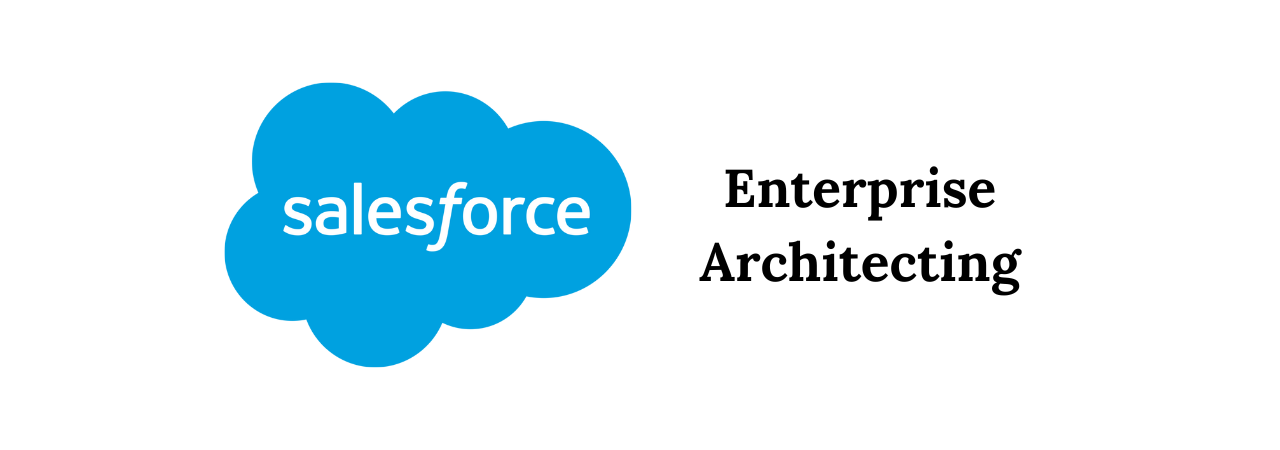
Enterprise architecting plays a crucial role in the successful implementation of Salesforce, a leading customer relationship management (CRM) platform. Here are some reasons why enterprise architecting is important for Salesforce implementation:
Alignment with business objectives:
Salesforce implementation should be aligned with an organization’s business objectives to ensure that the CRM system supports the organization’s strategic goals. Enterprise architecting helps in identifying and defining the business requirements that need to be met by Salesforce, such as improving sales processes, enhancing customer service, or optimizing marketing campaigns. It ensures that Salesforce is configured and customized to align with the specific needs and goals of the organization, resulting in a CRM system that truly supports the business objectives.
Scalability and flexibility:
Enterprise architecting helps in designing a scalable and flexible Salesforce implementation that can accommodate the changing needs of the organization over time. It involves considering factors such as data volume, user growth, and evolving business processes to design a Salesforce architecture that can adapt and scale as the organization grows. This ensures that the Salesforce implementation remains effective and relevant even as the organization evolves, avoiding the need for costly rework or system replacement in the future.
Integration with existing systems:
Many organizations already have existing systems and processes in place before implementing Salesforce. Enterprise architecting helps in designing seamless integration between Salesforce and these existing systems, such as ERP, marketing automation, or customer support systems. This ensures that Salesforce becomes an integral part of the organization’s overall technology landscape, allowing for seamless data exchange, process automation, and enhanced visibility across different systems.
Data management and governance:
Salesforce implementation involves managing vast amounts of data, including customer data, sales data, and other business-critical information. Enterprise architecting helps in designing data management and governance strategies that ensure data accuracy, integrity, security, and compliance with data protection regulations. This includes defining data models, data flows, data access controls, and data retention policies to ensure that Salesforce becomes a trusted source of accurate and reliable data for the organization.
User adoption and experience:
The success of Salesforce implementation depends on user adoption and satisfaction. Enterprise architecting takes into consideration the needs and expectations of different user groups within the organization, such as sales teams, customer service teams, and marketing teams, and designs an intuitive and user-friendly Salesforce interface that meets their needs. This helps in driving user adoption, improving user productivity, and maximizing the return on investment (ROI) from Salesforce.
Governance and compliance:
Salesforce implementation involves configuring and customizing the system to meet the specific needs of the organization. Enterprise architecting helps in defining governance and compliance policies that ensure that Salesforce is configured and customized in accordance with industry best practices, security standards, and internal policies. This helps in mitigating risks associated with data breaches, system vulnerabilities, and non-compliance with regulatory requirements.
In conclusion, enterprise architecting is essential for the successful implementation of Salesforce as it ensures that Salesforce is aligned with the organization’s business objectives, scalable and flexible, integrated with existing systems, well-managed in terms of data and governance, optimized for user adoption, and compliant with industry standards and regulations. It helps in designing a Salesforce implementation that truly supports the organization’s needs and enables it to harness the full potential of Salesforce as a powerful CRM platform.
Shyju Kammadan, CEO & Enterprise Architect , Smaartt
Reference Courtesy : salesforce.com , OpenAI -ChatGPT.

